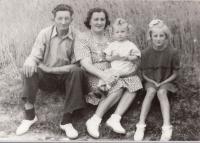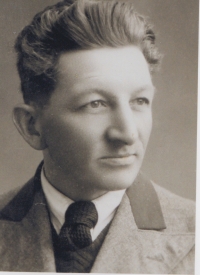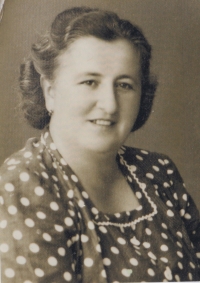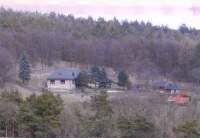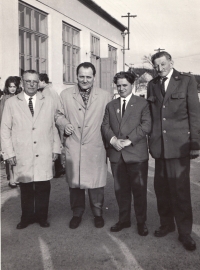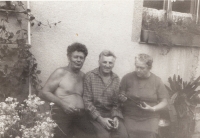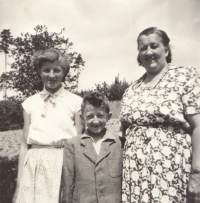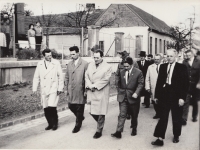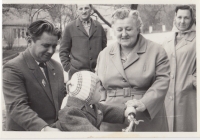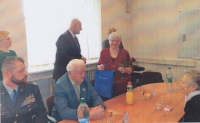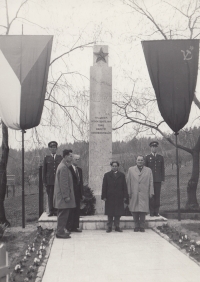I didn’t want any awards for helping against Hitler
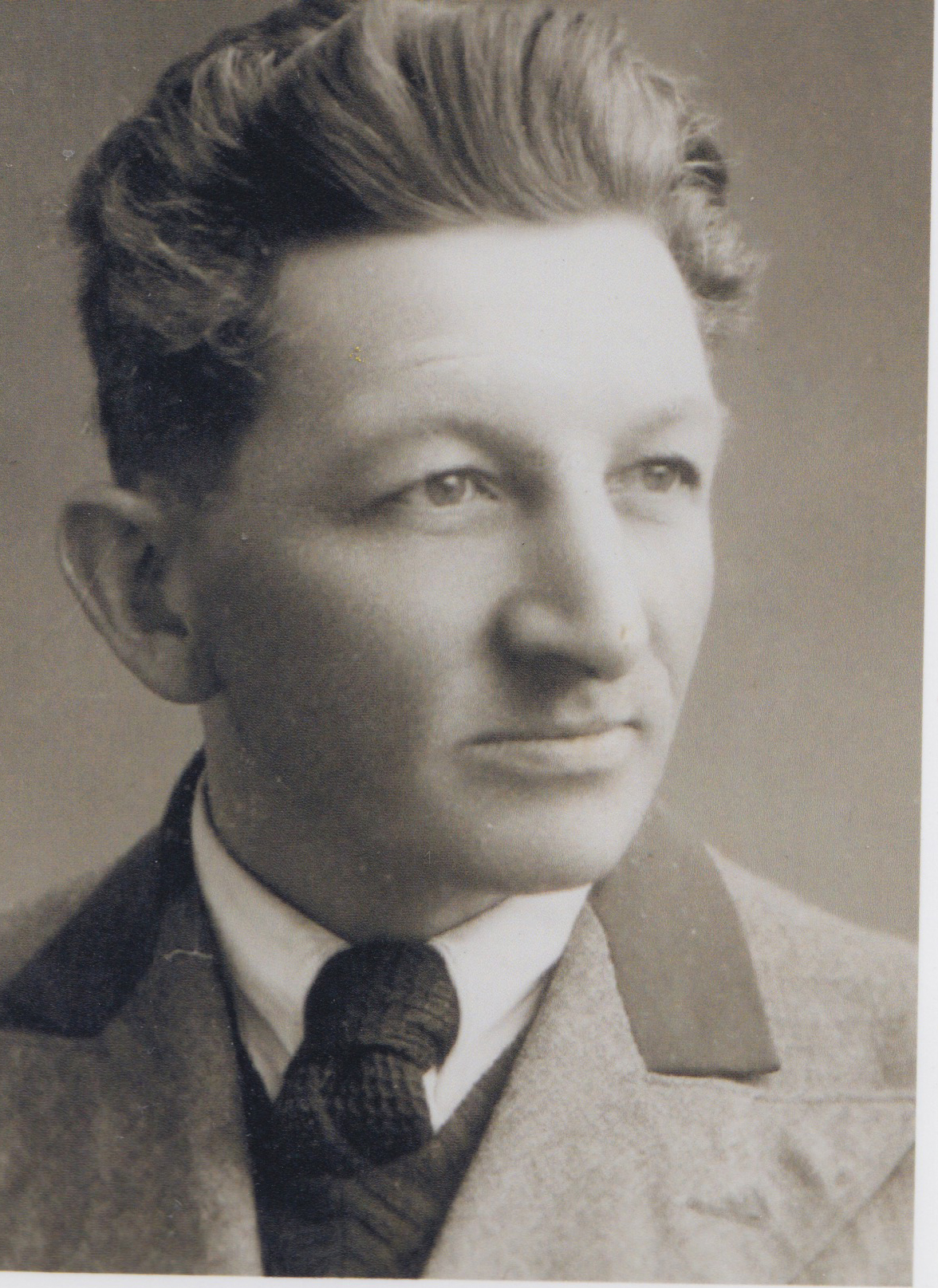
Download image
Hubert Hanika was born on December 5, 1929 in Pozořice, South Moravia, but spent his childhood in a gamekeeper’s lodge, in Vítovice in the forest east of Brno. At the end of the war, the lodge served as a base for a paratrooper unit sent from the Soviet Union in early 1945. His father, Hubert Hanika the elder, provided shelter for the resistance fighters and helped them in every way possible. At the age of fifteen, Hubert acted as an informant and a liaison between several lodges and resistance groups operating in them. In addition to the Soviet group, he also came into contact with paratroopers sent from the United Kingdom as part of the Wolfram Group. After the war he trained as a gunsmith and had a number of jobs. For the longest time he worked in the Zetor company in Brno. For a year and a half, he had been working in Libya, where he taught local students the trade. Between 1964 and 1971, he was a secretary of the Local National Committee in Hostěnice. After the war, he was in close contact with the commander of the Wolfram Group, Josef Otisk, and years later he managed to get in touch with some of the members of the Soviet group. They even visited him and to this day they still exchange letters. At the time the interview was recorded (2020), he was living in Hostěnice.
